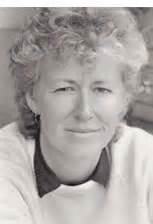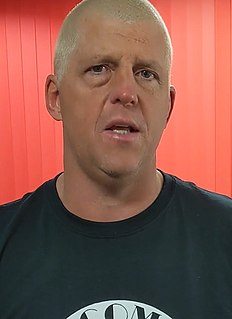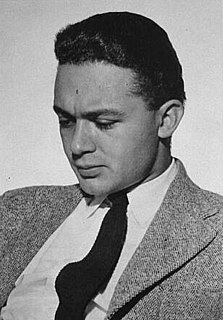A Quote by Tee Grizzley
It's kind of hard to tell your life story and state all facts and it still be sweet.
Related Quotes
For they told you life is hard
Misery from the start,
It's dull, it's slow, it's painful
But I tell you life is sweet
In spite of the misery
There's so much more, be grateful
So, who will you believe
Who will you listen to
Who will it be
'Cause it's high time that you decide
It's time to make up your own
Your own state of mind
Oh they told you life is long
Be thankful when it's done
Don't ask for more, be grateful
But I tell you life is short
Be thankful because
Before you know it
It will be over
'Cause life is sweet, life is also very short
Each and every component that makes up your life experience is drawn to you by the powerful Law of Attraction's response to the thoughts you think and the story you tell about your life. Your money and financial assets; your body's state of wellness, clarity, flexibility, size, and shape; your work environment, how you are treated, work satisfaction, and rewards - indeed, the very happiness of your life experience in general - is all happening because of the story that you tell.
If you gauge how you're doing on whether somebody is responding vocally or not, you're up a creek. You can't do that; you kind of have to be inside of your work and play the scene. And tell the story every day. Tell the story. Tell the story. Regardless of how people are responding, I'm going to tell the story.
Facts are neutral until human beings add their own meaning to those facts. People make their decisions based on what the facts mean to them, not on the facts themselves. The meaning they add to facts depends on their current story … facts are not terribly useful to influencing others. People don’t need new facts—they need a new story.
In old interviews I was still worried about being judged. I think my life was about how can I keep myself in control. How can I just get through this and be okay? And, you know, you turn the corner. You realize that you're not imprisoned by your life or your circumstances or your genetics or anything. I really believe that we all have the ability to come out of our story. But you have to tell your story first in order to come out of it.
The magic happens when you take facts and figures, features and benefits, decks and PowerPoints - relatively soulless information - and embed them in the telling of a purposeful story. Your 'tell' renders an experience to your audience, making the information inside the story memorable, resonant and actionable.
If I were just curious, it would be very hard to say to someone, I want to come to your house and have you talk to me and tell me the story of your life. I mean people are going to say, You're crazy. Plus they're going to keep mighty guarded. But the camera is a kind of license. A lot of people, they want to be paid that much attention and that's a reasonable kind of attention to be paid.
The best time to tell your story is when you have to tell your story. When it's not really a choice. But then, when you get that first, messy, complicated version down, you have to read it over and be very tough on yourself and ask, 'Well what's the story here?' If you're lucky enough to have someone you trust looking over your shoulder, he or she can help you if [you] lack perspective on your own story.
If you have to tell a story without speaking, it's sort of like - I come from a dance background, so it's like a ballet where you have to tell a story with just your body. I think that's really interesting to have to tell a story with just your face and your mannerisms, and I'd like to tap into that world.




































